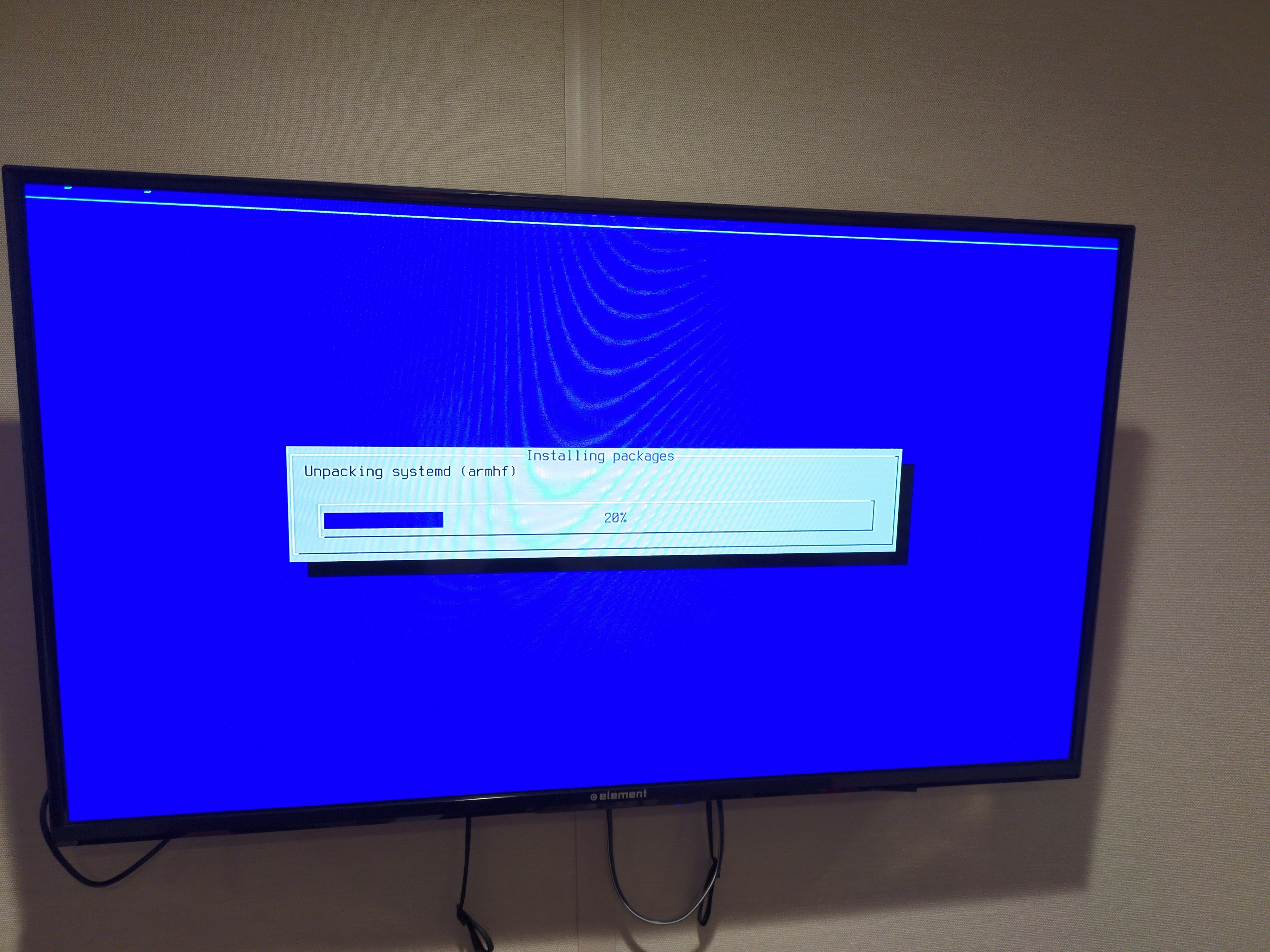this post was submitted on 28 Dec 2024
212 points (98.6% liked)
Linux
49069 readers
400 users here now
From Wikipedia, the free encyclopedia
Linux is a family of open source Unix-like operating systems based on the Linux kernel, an operating system kernel first released on September 17, 1991 by Linus Torvalds. Linux is typically packaged in a Linux distribution (or distro for short).
Distributions include the Linux kernel and supporting system software and libraries, many of which are provided by the GNU Project. Many Linux distributions use the word "Linux" in their name, but the Free Software Foundation uses the name GNU/Linux to emphasize the importance of GNU software, causing some controversy.
Rules
- Posts must be relevant to operating systems running the Linux kernel. GNU/Linux or otherwise.
- No misinformation
- No NSFW content
- No hate speech, bigotry, etc
Related Communities
Community icon by Alpár-Etele Méder, licensed under CC BY 3.0
founded 5 years ago
MODERATORS
you are viewing a single comment's thread
view the rest of the comments
view the rest of the comments

Ew I don't want my TV running systemd
I have actually seen some people with this kind of opinion regarding systemd, but I still do not get the hate about it.
Can you elaborate what is so terrible about systemd?
EDIT: typos
Ah no, please don't start another thread like this. We've had our experiences, that's it.
It may have been a thing discussed ad nauseum on certain threads. I just wanted to understand if there are facts that make systemd bad in general
Well, my experience was
All in all, it works very contrary to my experience that layers upon layers leads to unmanageable complexity and inefficinecy and it's all implemented in a poor way, functionally (some will likely disagree to this).
Thanks for the response. Right now I do not have enough knowledge to judge for myself if systemd is effectively great or not. Once I have the time I will check closer kernel architecture (theoretical wise), then in how the Linux kernel is effectively organized and only after that understand the theory behind systemd. I've seen several threads where 2 very different camps exists, but I was not entirely sure of the information I was getting.
Cannot say I will get around this, but for sure peeks my curiosity
The unix philosophy is that a piece of software should do one thing, and do it well. Systemd does a dozen things, all of them poorly. It's an especially poor choice for an embedded or appliance system.
Systemd is not a singular thing, it's a collection of a lot of things.
Yes, that's the problem.
Linux is not a singular thing, it's a collection of a lot of things.
Linux is a kernel. The kernel modules, services, userland, etc. are all modular and can be used independently. Not so with systemd (at least how it's implemented in most distros).
I'm sure there's several modules in the Linux kernel that are necessary to function, and you're also aware that when people broadly refer to Linux, they don't mean the kernel specifically lol
I don't see the problem but I was just saying that it doesn't break the unix philosophy as such. Not that unix philosophy is much of a thing anymore.
Xbian uses upstart
Libreelec is systemd-free ☺️
What do they use instead?
I was wrong :(